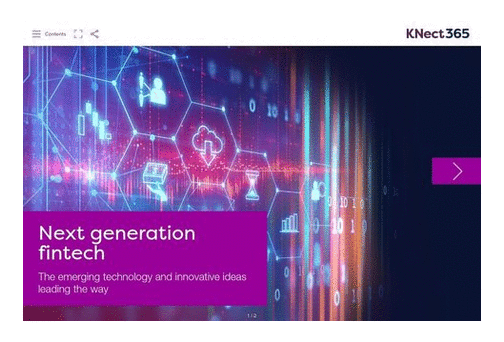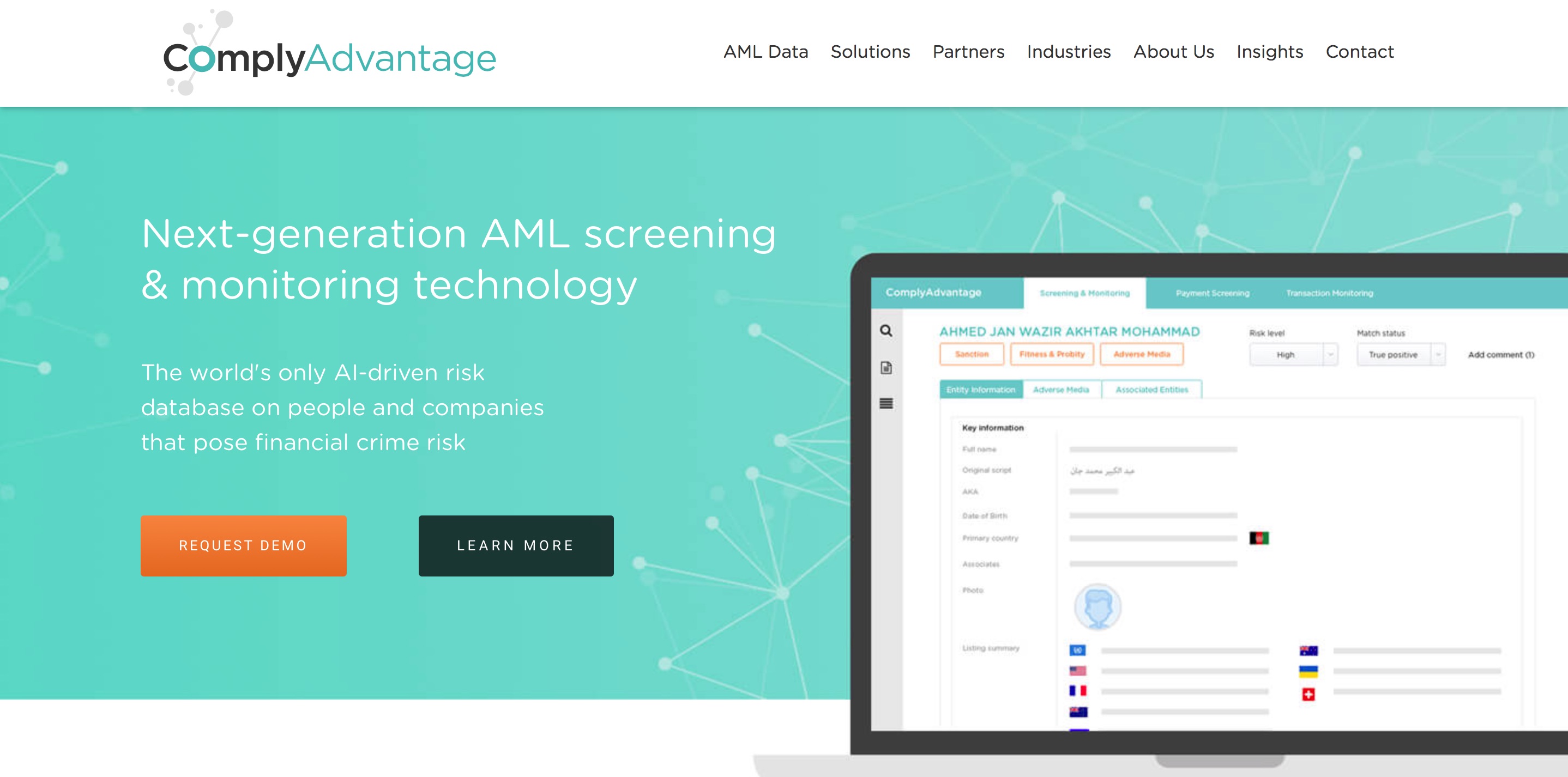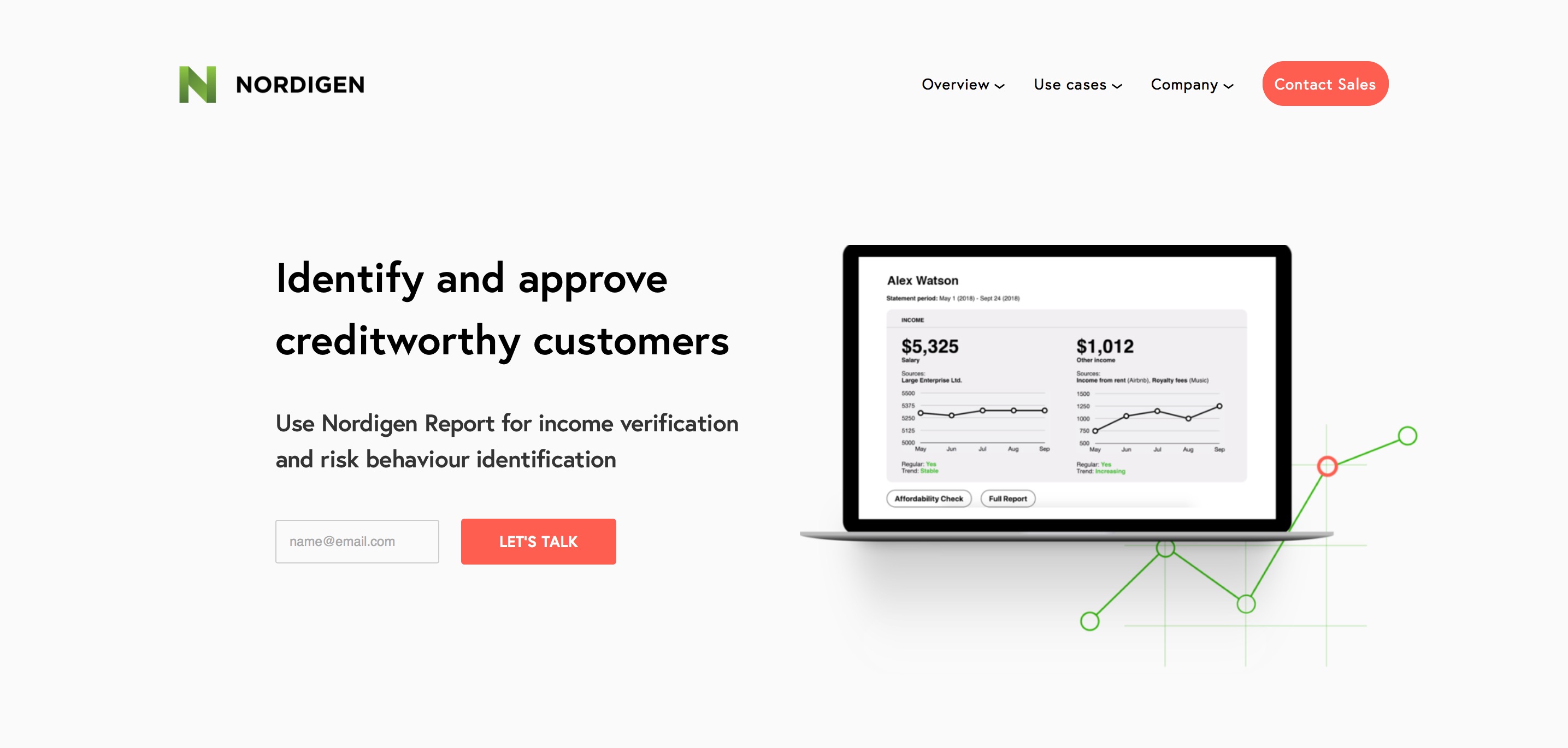
As part of Finovate Live, and our #WomeninFinTech series, we sat down with Mary Wisniewski, Consumer Banking and Fintech Reporter at Bankrate, to get her take on the fintech industry, looking from the outside in, and what she thinks can be done to help close the gap and get more women into the sector.
Mary will be chairing the Digital Banking stream at FinovateSpring in San Francisco this May. Find out more about how you can get involved.
Finovate: How did you start your career?
Mary Wisniewski: I started my journalism career by writing about high-end jewelry for a business audience. Then I stumbled into writing about tech that debt collectors use to collect arrears. After that, I found myself blogging about fintech for Bank Innovation. Since then (and + 10 years), I haven’t parted ways with the fintech and digital banking beat.
Finovate: Why is fintech an exciting industry to be a part of in 2019?
Wisniewski: Because of the possibilities. There’s so much promise for fintech to help improve traditional banking products and services for consumers – including by revamping the credit score system. That’s huge. As a reporter, I find the industry fascinating to cover. Banking is in the middle of an existential crisis, and the story possibilities are endless.
Finovate: What is your prediction for fintech over the next 5 years?
Wisniewski: The way consumers share their data to use fintech services – and/or get products – will continue to move away from requiring them to hand over their bank user names and passwords. As the model evolves and banks use APIs over screen scraping, we must all stay tuned to the risk of banks calling the shots of what data they share or don’t share. We also need to pay attention to how inclusive the new data-sharing model is.
While there are a lot of headlines about banks and fintech companies working as partners more than ever, I believe it’s not quite so cheery as that. There are a lot of battles ahead.
Finovate: Do you think we see too few women in fintech?
Wisniewski: Yes. There is a gender imbalance. Just look at the empty women’s bathroom lines at conferences as evidence. In fact, this issue is something I blogged about in 2015 for American Banker. I could re-post this again today – my points remain the same.
Finovate: How can businesses better attract and retain female talent?
Wisniewski: This question is a hard one to answer, so I also sought input from a pro and my pal, Bonnie McGeer, the executive editor of American Banker. What follows are some actionable ideas – some from her and a couple from me – all of which I support:
- Make sure women feel respected in the workplace – and that includes with raises. It also includes supporting their ideas with budget.
- Avoid “bro club” vibes, including by not making women the butt of jokes. Comments like “you’re a lot better looking than the last guy sitting here” need to stop, too.
- Require all those in leadership to be an official mentor/sponsor for one year to at least two employees (one male, one female) who are relatively new hires.
- Go beyond golf for networking opportunities.
- Make diverse hiring/promotions a component of annual evaluations for every manager that does hiring, and make poor performers on this component ineligible for raises/promotions that year. If women are at 10% overall of hiring/promotions for a particular group, that’s not acceptable.
Finovate: What advice would you have for women starting their career in fintech?
Wisniewski: Jump right in. You’ll get annoyed at times. But there are so many wonderful people in this industry – connect with them, at events and on Twitter. Also, don’t feel intimidated. Yes, there are people who have worked in fintech for a long time. But you’ll have something to offer they might not. You’ll feel in your zone soon enough. If you do get nervous, don’t underestimate what a power song can do before speaking to someone.


 to front of mind for most banks, and why there is no silver bullet to solve poor customer experiences. Success, he explains, is a medley of understanding your customer, deploying new technology, and keeping your staff happy, too.
to front of mind for most banks, and why there is no silver bullet to solve poor customer experiences. Success, he explains, is a medley of understanding your customer, deploying new technology, and keeping your staff happy, too. 
 In addition to her work at Fitbit (Senior Director of Finance) and LeapFrog (Director of Finance), Morrissey worked at Yahoo! as Director of Investor Relations. For nearly ten years she worked in financial services with both JPMorgan Chase & Company and Salomon Smith Barney. Morrissey is a graduate of DePauw University and Harvard Business School.
In addition to her work at Fitbit (Senior Director of Finance) and LeapFrog (Director of Finance), Morrissey worked at Yahoo! as Director of Investor Relations. For nearly ten years she worked in financial services with both JPMorgan Chase & Company and Salomon Smith Barney. Morrissey is a graduate of DePauw University and Harvard Business School.




















